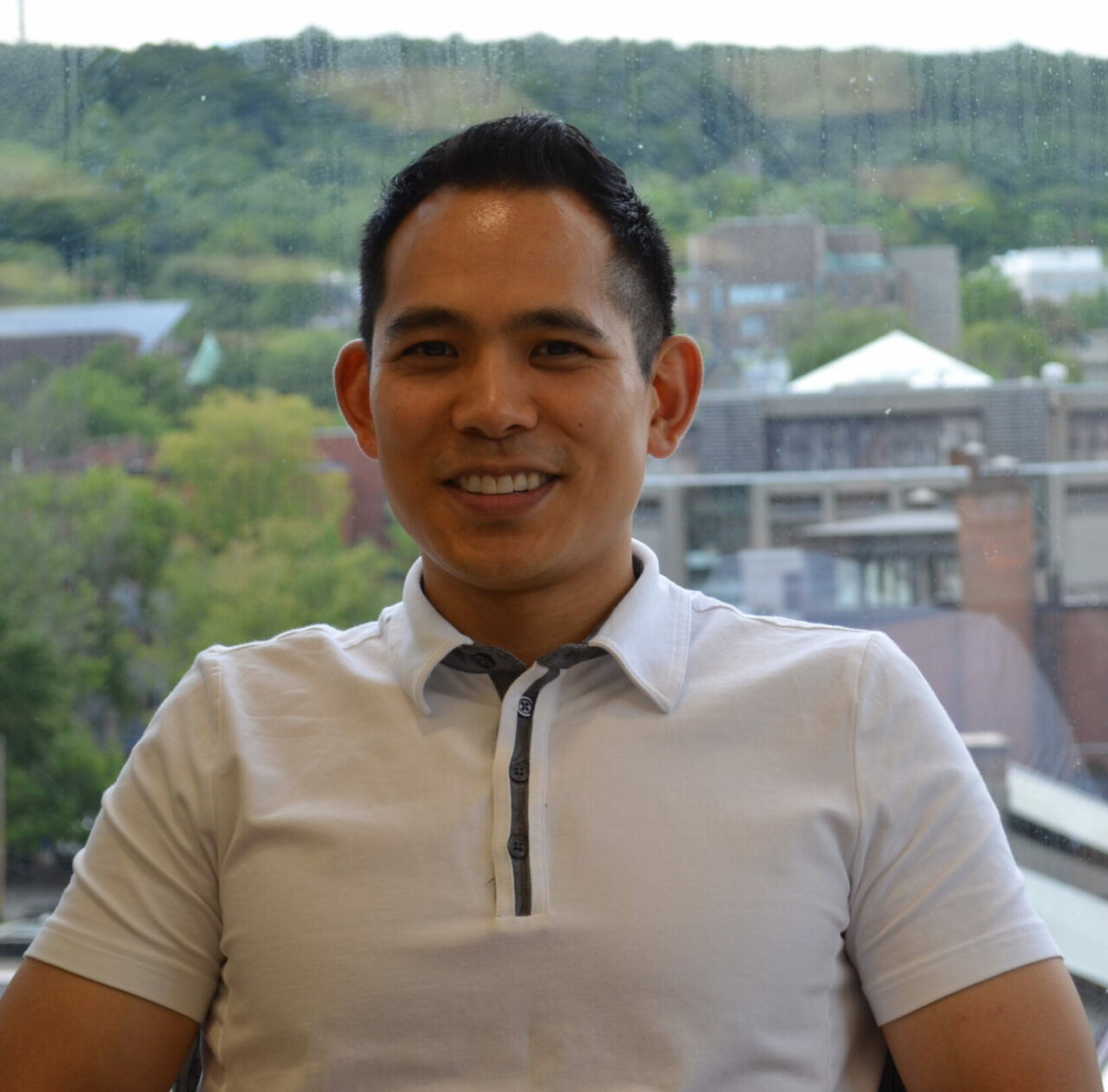On Monday, March 16, the National Institutes of Health (NIH) announced the 16 finalists for its Follow that Cell Challenge. According to the NIH, the goal of the challenge is to stimulate the development of new tools and methods that will enable researchers to predict the behavior and function of a single cell in complex tissue over time. This ability could help reveal valuable information such as how cells transition from a healthy to diseased state, or identify changes that influence a cell’s responsiveness to treatment. In addition, non-destructive methods for monitoring single cells could assist with early disease detection and allow doctors to better tailor therapies to cells as they evolve throughout the course of a disease.
McGill’s Dr. Brian Chen, Assistant Professor of Neurology and Neurosurgery in the Faculty of Medicine, was one of 5 award winners for the first phase, an honour that is accompanied by a $12,000 prize and the opportunity to compete, along with 11 additional finalists, in phase 2 of the challenge. During Phase 2, Reduction to Practice, finalists will generate proof-of-concept data related to their Phase 1 entries. These submissions are due March 30, 2017. Winners of Phase 2 will be awarded prize money from a pool of $400,000, to be announced July 31, 2017.
The amount of protein that a cell produces is tightly regulated; too little or too much of a single protein can lead to disease. The ability to understand how protein production affects cell phenotype is an important step in understanding how diseases occur. This solution proposes to develop a technique for tracking and measuring protein production in single cells of living animals. Such a technique would permit researchers to measure real-time changes of protein production within a cell’s native environment at unprecedented resolution.
Click here for the full NIH press release.
March 17, 2015

